THE Indian Air Force’s bombing of Karachi on the night of Dec 8-9, 1971 was being widely condemned. But it had already caused a great deal of damage to civilians. By Dec 17, the death toll had risen to 71 and over 100 injured — most of them seriously in Bhutta Village which had a population of 75,000. Women and children were among those who had lost their precious lives. As many as eight bombs were dropped on the village out of which six exploded, causing death and destruction all around. Two unexploded bombs were later removed by the local authorities.
Given the seriousness of the situation and nefarious Indian designs, the government set up some relief funds for those affected by the war. Countrymen from all segments of society contributed to them with compassion, empathy and patriotism. On Dec 13, it was reported that the day before a three-member deputation of the Karachi Hindu Panchayat, led by Dingomal N Ramchandani, presented 21 cheques worth Rs49,502 to the Governor of Sindh as donations to the National Defence Fund and partly to the Sindh Governor’s War Victims Relief Fund. Out of them, seven cheques carrying an amount of Rs33,000 were for the former support scheme and the rest for the latter.
On Dec 16, another important and integral group of Pakistani society made an announcement: that on Dec 19 the Parsi community of Karachi would hold ‘Sehan Baj’ at the Fire Temple in Mahmoodabad, a ceremony which is held on very rare occasions — when the country is in a state of danger. They hoped that their prayers would help Pakistan and its people, and bring back prosperity and success to the country. Sohrab Hommie Mehta, chairman of the Karachi Parsi Anjuman Trust Fund, appealed to all Parsis to attend the ceremony.
Then there was another aspect of devotion to motherland. On Dec 19, this newspaper carried a news item which said that to save the lives of soldiers and civilians who received injuries in the Indian attack, hundreds of men and women were donating blood at various centres in the city. A majority of them were students, labourers and office workers. Even teenagers were coming forward in large numbers to donate blood. Doctors faced difficulty in convincing them that their donation was not required, and that they would be called later when needed. As per the doctors, the enthusiasm displayed by the people was remarkable and even greater than the one demonstrated during the 1965 war. The staff at the blood banks, too, was working round the clock.
The young ones again made the headlines on Dec 19 when it came to light that a number of student bodies had asked the United Nations (UN) and International Red Cross (IRC) to take urgent measure for the safety and security of all pro-Pakistanis in East Pakistan. After a meeting arranged under the auspices of the Inter-Collegiate Body, the associations sent telegrams to the Pakistani government asking it to establish contacts with the UN and IRC headquarters in Geneva. They expressed grave concern over reports about organised goondaism and riots against refugees and people from West Pakistan.
Published in Dawn, December 13th, 2021


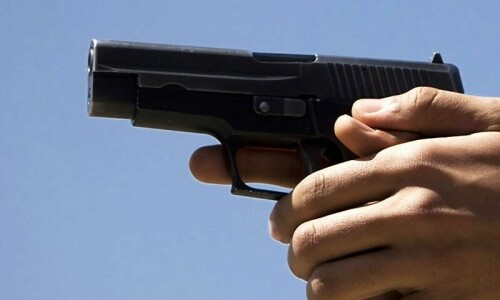












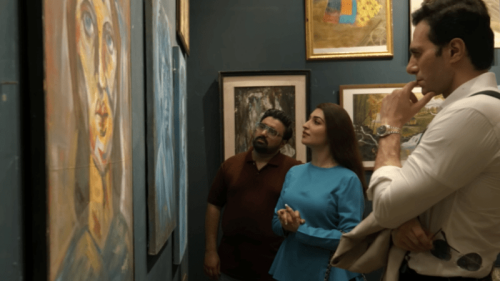

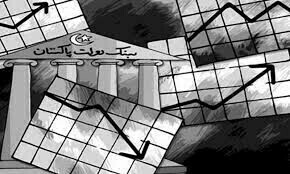
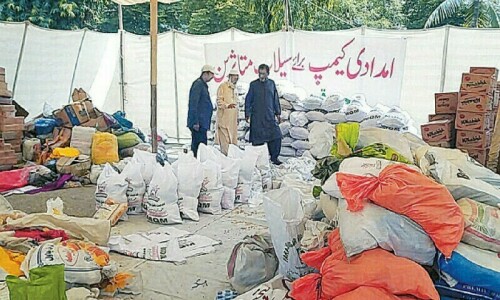
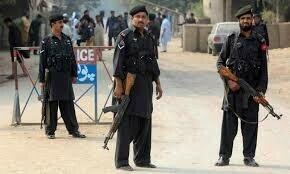




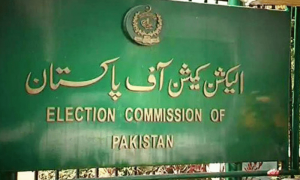
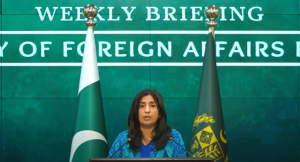
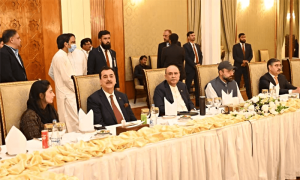
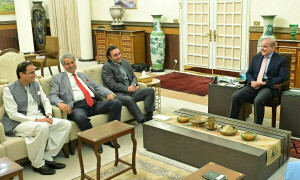
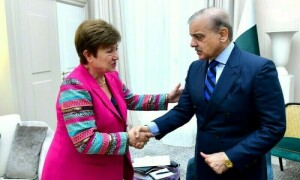

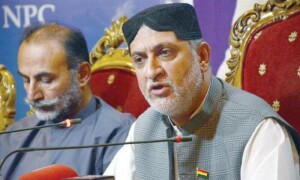


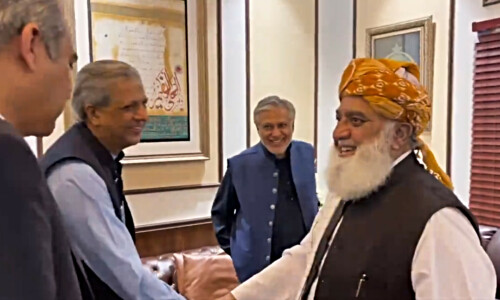
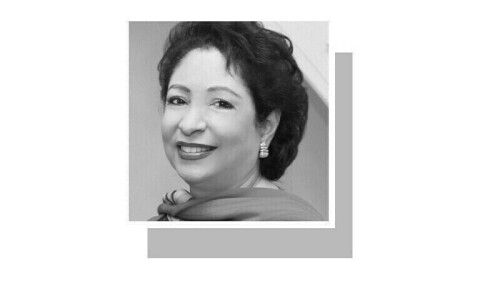
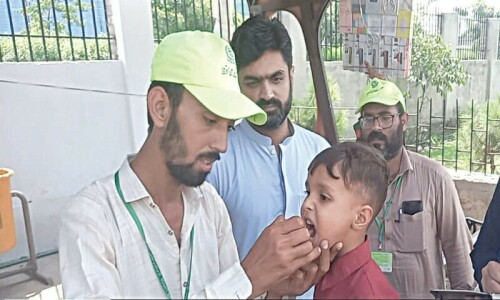


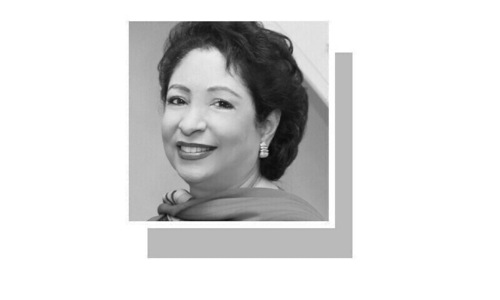





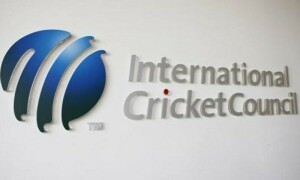
Dear visitor, the comments section is undergoing an overhaul and will return soon.